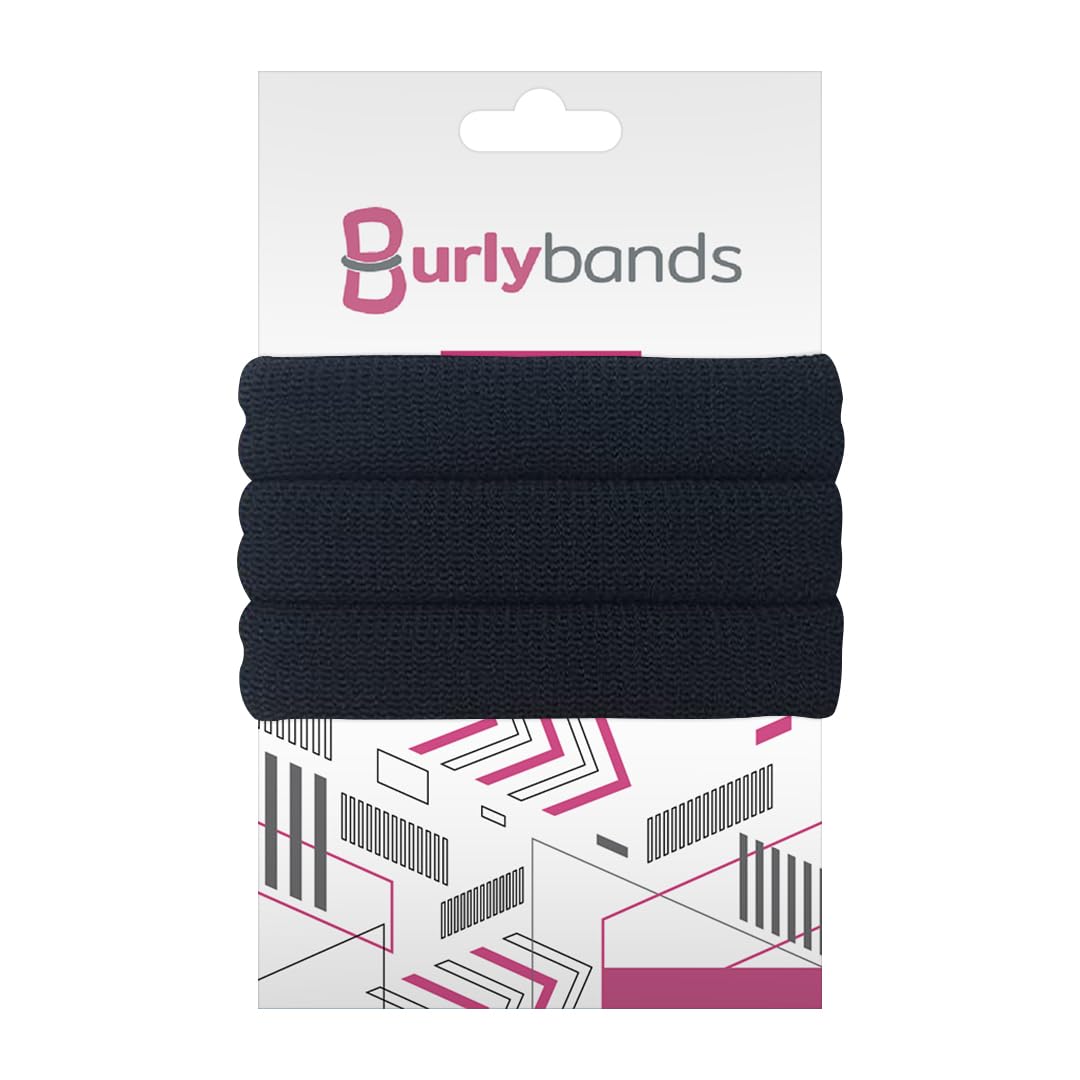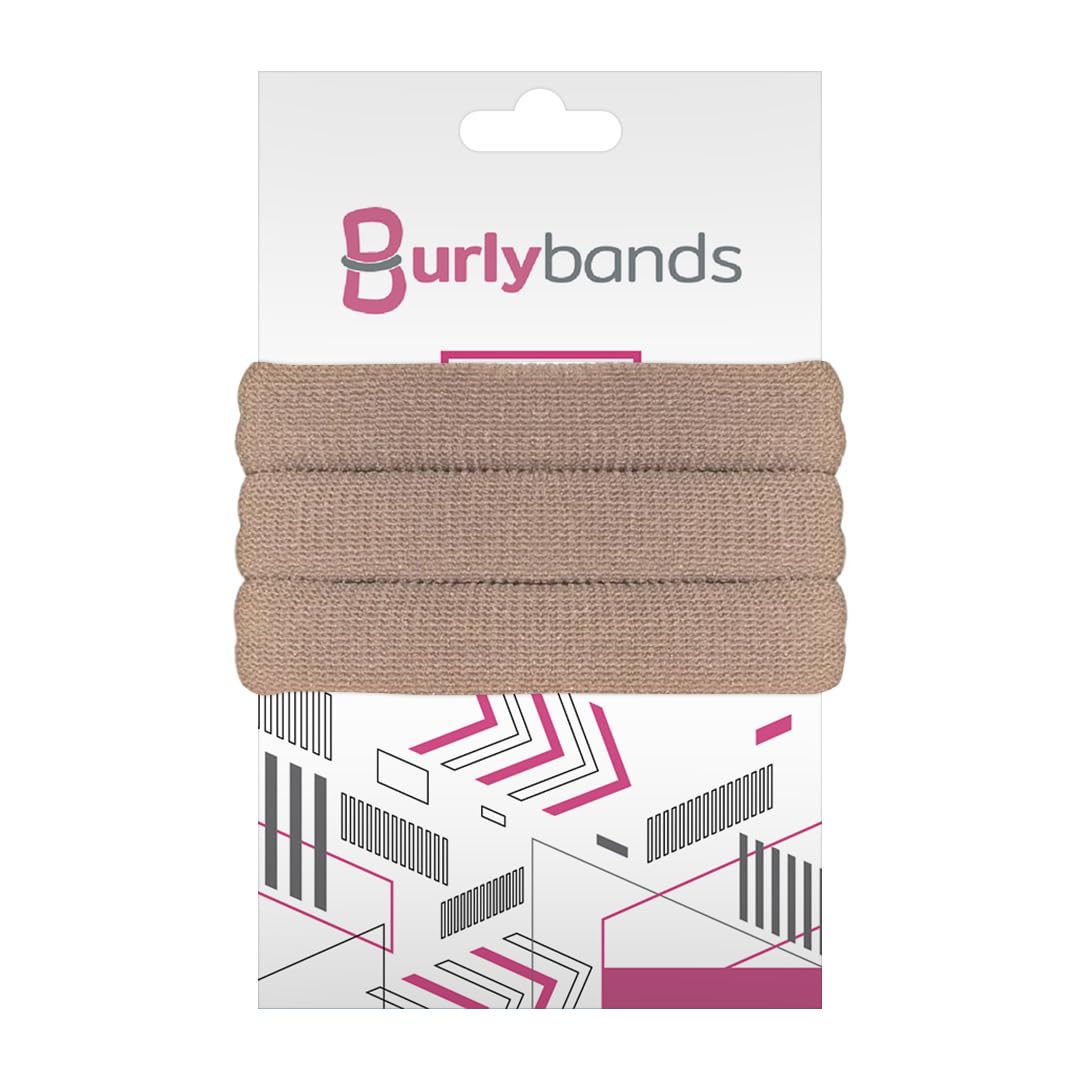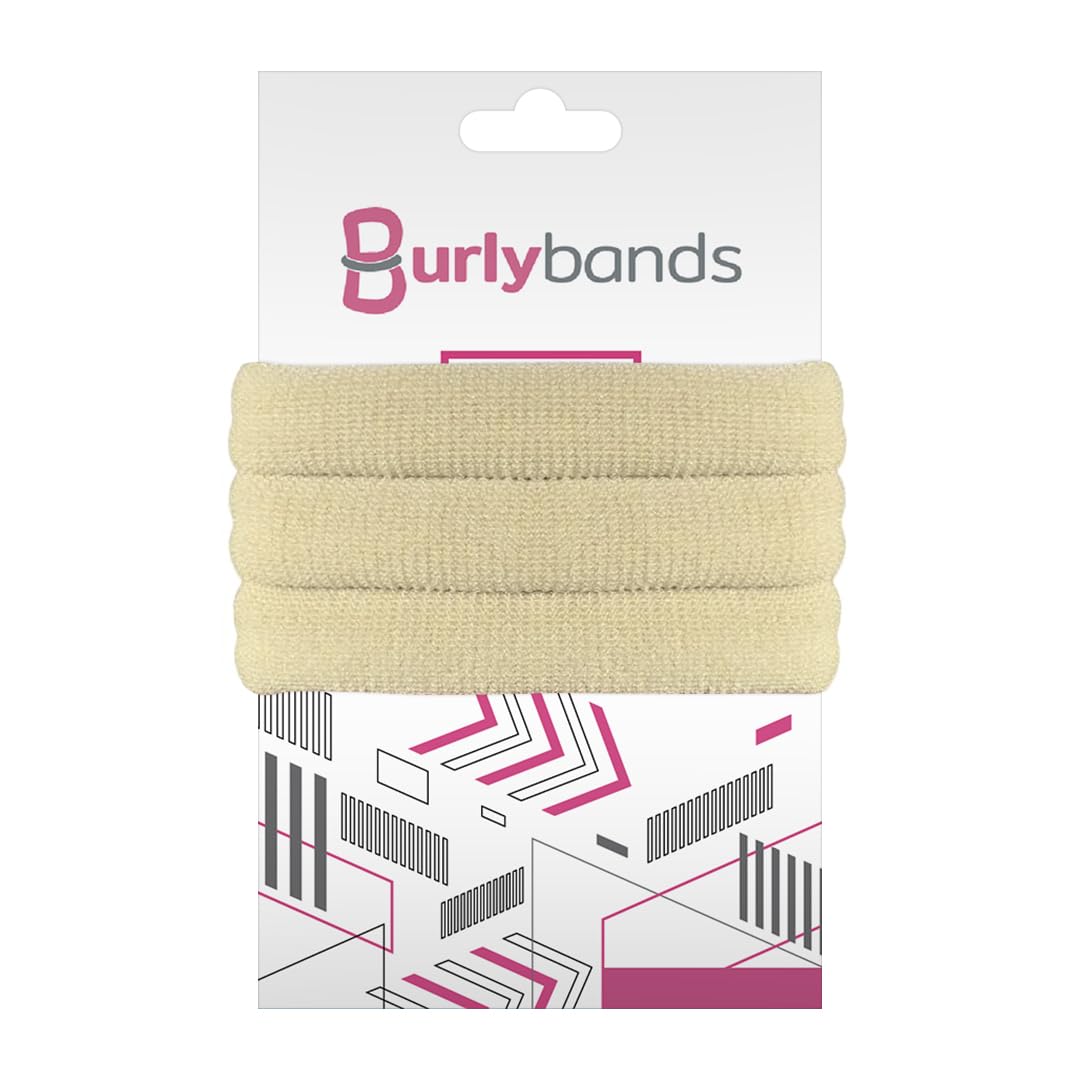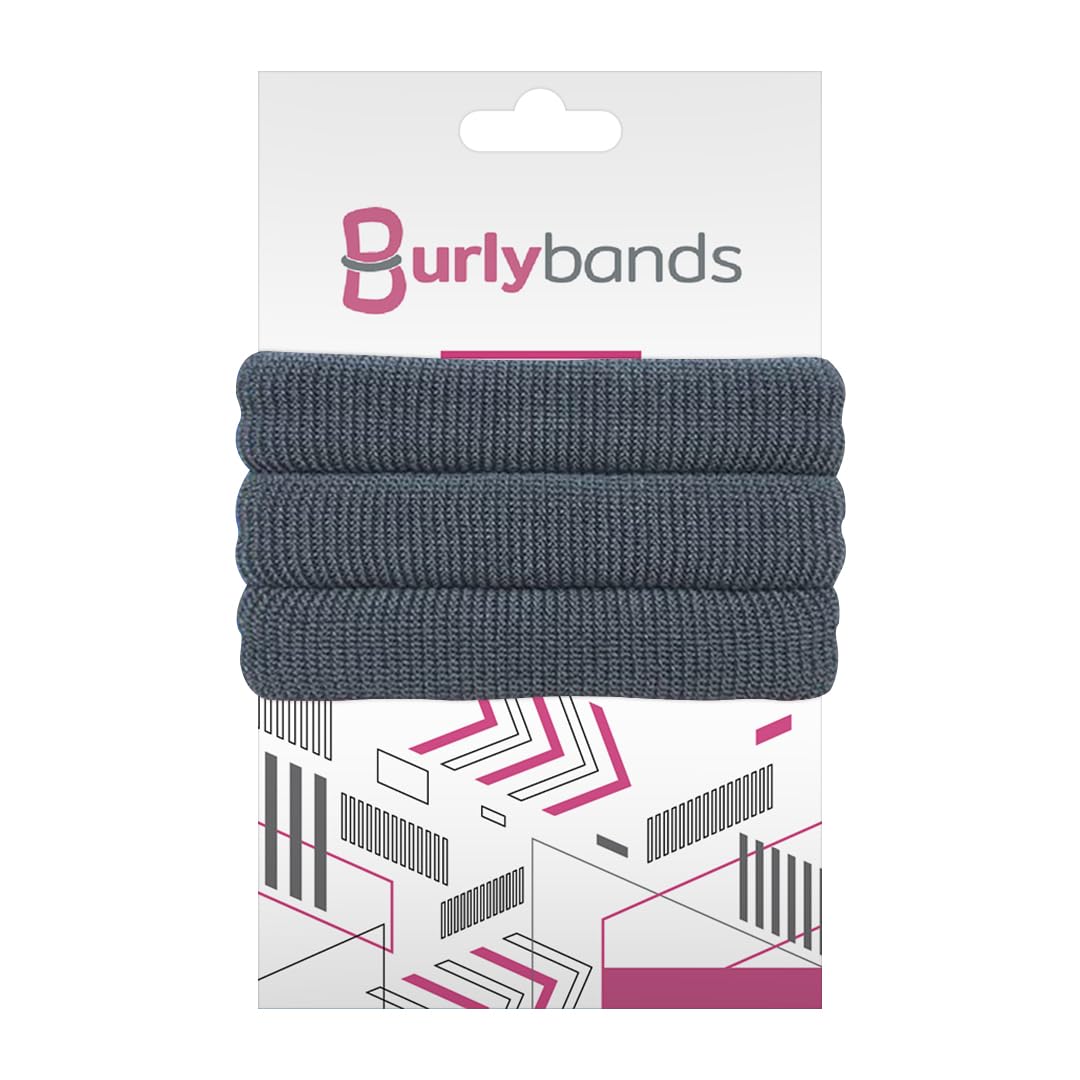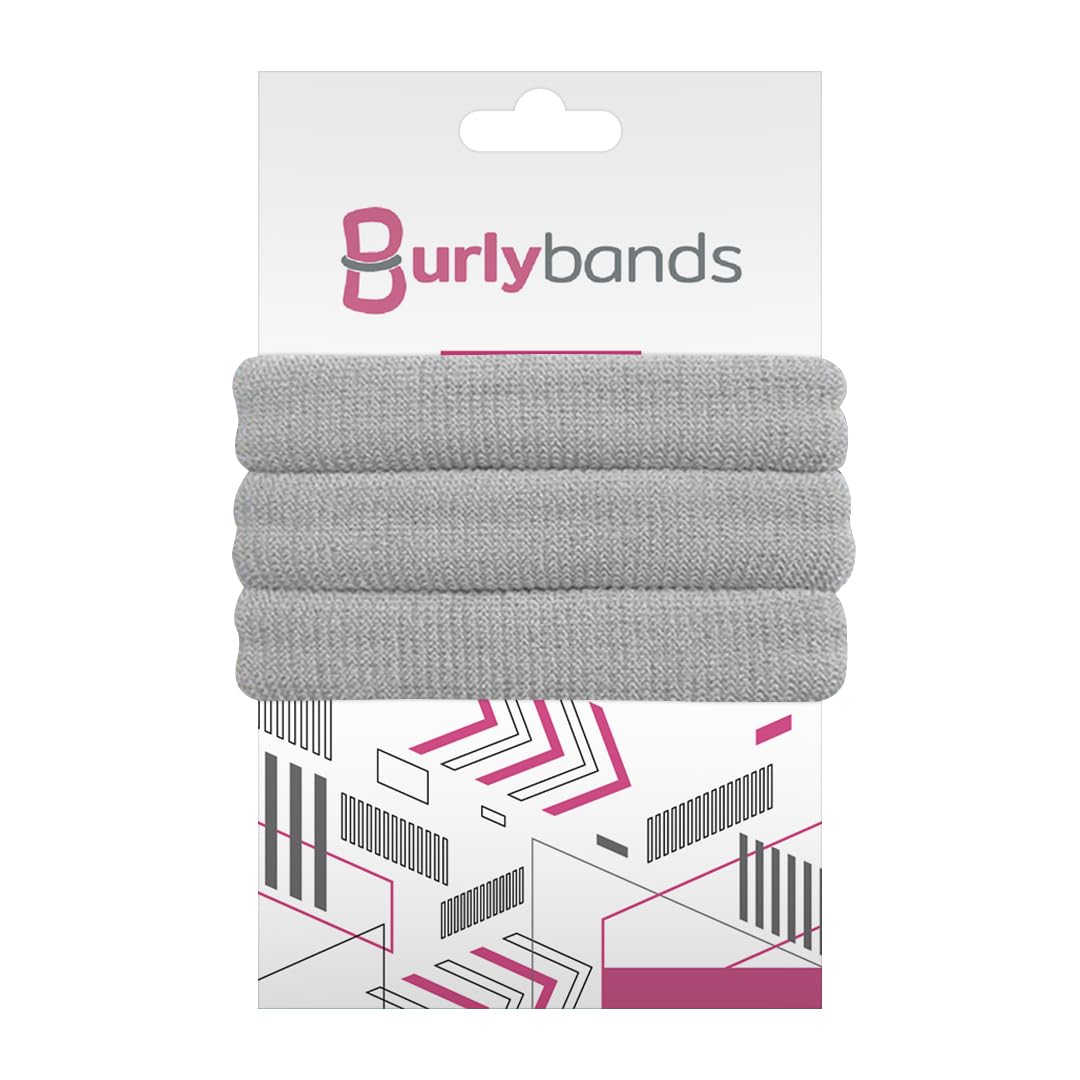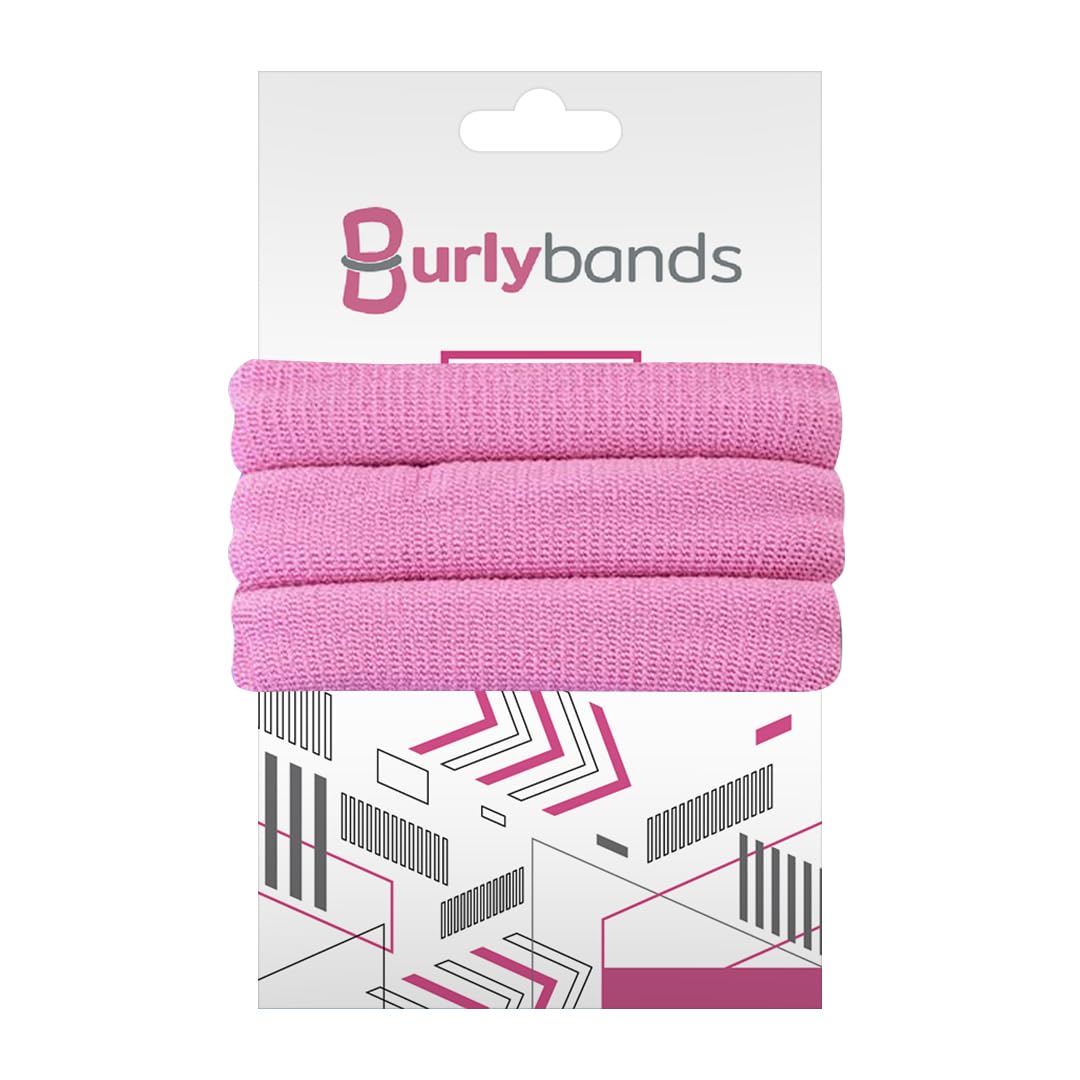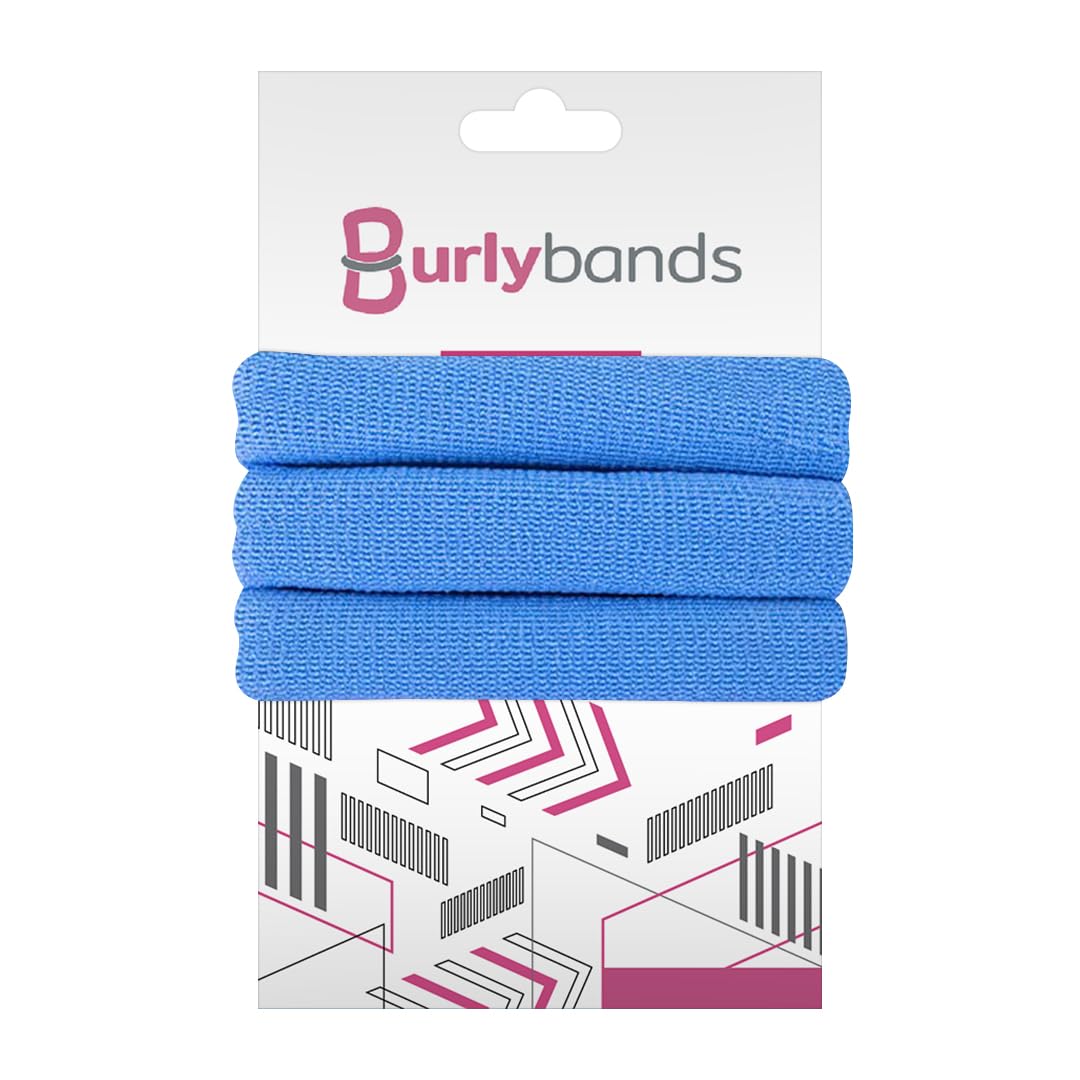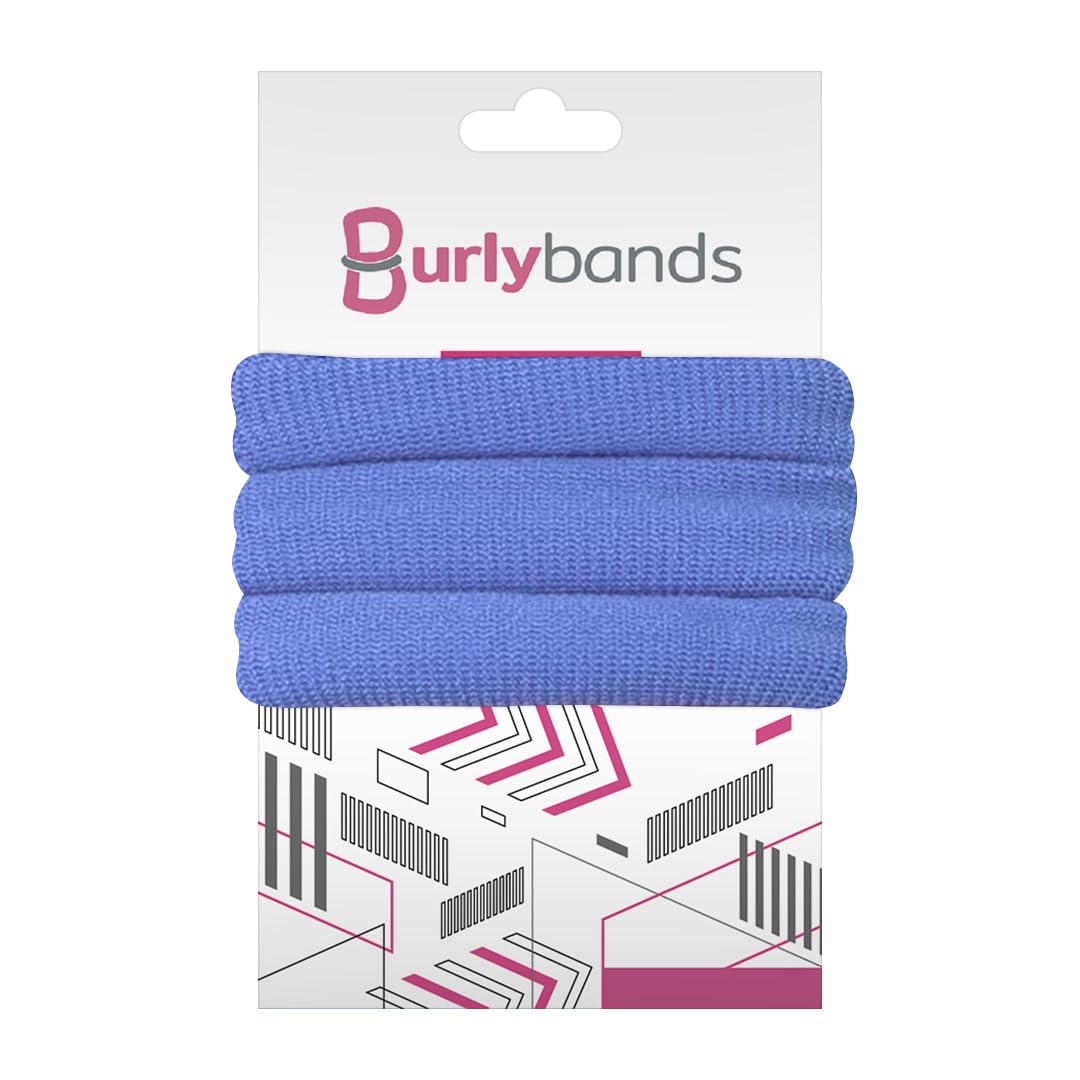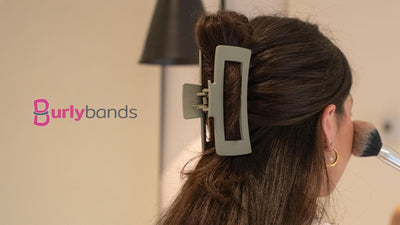Many social media influencers have made biotin famous in the beauty market. They say it's a miracle b vitamin that helps people grow long, thick hair and maintain healthy skin and nails. Most of us are suspicious of what social media influencers post on the internet, and we wonder if their statements are accurate. In this blog, we'll explore what biotin is and why it's become so popular in recent years.
What Is Biotin?
Are you suffering from hair loss? Biotin influences hair growth and has numerous health benefits. It is commonly known as vitamin B-7, is an essential nutrient that may be found in a variety of foods, including cereals (wheat and oats), vegetables (such as spinach, sweet potatoes, and mushrooms), and rice. Biotin assists amino acids in performing their normal biological functions by turning glucose from carbohydrates into energy. It is necessary for hair health as well as a well-balanced diet.
What Is Biotin Deficiency?
Biotin deficiency is less prevalent than other nutritional deficiencies. Few people who consume a healthy, well-balanced diet will have a biotin deficiency. This is because many foods naturally have high levels of vitamins. Biotin deficiency is usually seen in those people that consume a lot of raw egg whites.
A biotin deficiency can still exist. If it develops, the following symptoms may appear:
- Skin rashes, particularly on the face.
- Skin that is dry or scaly.
- Androgenetic alopecia.
- Eyes that are dry.
- Brittle nails.
- Hair that is brittle.
- Experiencing hair thinning.
- Fatigue.
- Insomnia or sleeping problems.
- A decrease in appetite.
- Nausea.
- Depression.
- Hands and feet have a burning or prickling feeling.
- Muscular ache and other health problems.
What Is the Procedure for Diagnosing Biotin Deficiency?
Biotin deficiency symptoms might be mistaken for a variety of other ailments or concerns. Your doctor may treat your unusual symptoms as if they were caused by something else at first. If your symptoms do not go away, your doctor will look into alternative possibilities.
Blood tests can determine if you're getting enough B-7 if your doctor feels you're not getting enough. Additional blood and lab tests may be ordered by your doctor to examine various levels. These figures can be used to confirm or rule out a biotin deficit.
Low amounts of vitamin B-7 might sometimes be the outcome of another sickness or condition. If your doctor suspects an underlying condition is causing your symptoms, they may recommend additional testing to determine the cause of your low vitamin B-7 levels. They might also recommend getting a hair loss treatment to improve hair health.
Hair Benefits of Biotin

Credit: Envato Elements/ YuriArcursPeopleImages
Biotin is most well-known for its alleged cosmetic benefits. In fact, specialists agree that it has an impact on the health of your hair and scalp. However, beyond the biotin you obtain by eating a healthy, balanced diet, the usefulness of biotin supplementation is questionable. Increased biotin intake may assist encourage hair development, although there is just minimal data to support this claim. In analyzing research, the evidence that biotin affects hair development is unclear, as supplements contain not only biotin but also other chemicals.
The increase in hair growth cannot be attributed simply to biotin. There are a few other reasons why you might wish to take biotin for hair:
Biotin is well known for its favorable effects on hair, including the growth of stronger, thicker strands.
Biotin strengthens hair, making it less likely to break off at the ends, which promotes and protects length.
Increased biotin intake has been shown to improve overall hair quality, including thickness and luster, according to certain studies.
Biotin increases the infrastructure of keratin, a basic protein that makes up hair, skin, and nails, promoting healthy hair and scalp. It can help with hair health, volume, and scalp coverage.
Biotin can help prevent hair loss by fighting inflammation, which is a common cause of hair loss. This suggests that biotin could be utilized to prevent hair loss in the future.

Recommend Dosage Guidelines: How Much Biotin Should You Take?
Because biotin deficiencies are uncommon, the Food and Drug Administration does not suggest a daily intake (RDA). RDAs differ according to a person's age, gender, and overall health.
Experts recommend the following dose instructions instead. Between 30 and 100 micrograms per day should be taken by everyone over the age of ten. The following items should be given to infants and children:
- From birth to three years, 10 to 20 micrograms (mcg).
- For children aged 4-6, 25 mcg is recommended.
- For children aged 7-10, 30 mcg is recommended.
Biotin levels in pregnant or breastfeeding women may be higher.
Consult your doctor to find out how much you should consume on a daily basis. They can help you figure out how to increase your dosage effectively to get the most out of it.
You can get your daily dose of biotin from your diet or by taking biotin in a supplement form or other nutritional supplements.
Hair Growth Remedies at Home

Credit: Envato Elements/ furmanphoto
Whether or not you take biotin supplements, there are a few things you can do at home to promote healthy hair. Making nutritional or changes in lifestyle may be the best place to start. Omega-3 fatty acid-rich meals such as salmon, tuna, and walnuts can help to promote hair health. Avoiding cigarettes can help you avoid the hair damage that smoking causes. You should be aware that heat is a significant reason for dry, brittle hair if you use hot styling equipment or blow-dry your hair.
Massaging your scalp might help promote hair growth by increasing blood flow to the area. You can use just your fingertips to do this, or you can use lotions or oils to massage in. Coconut oil, fish oil, or castor oil can help unclog clogged hair follicles, while aloe vera can make your hair more lustrous. Essential oils such as rosemary and lemon oil may promote hair development, while onion juice if tolerated, can promote hair regeneration and treat alopecia areata.
Aloe Vera promotes hair growth and gives your hair that lustrous sheen you've been waiting for! Proteolytic enzymes in it promote hair growth. Bring some olive oil to a boil, then combine it with some raw aloe vera or aloe vera gel and apply the resulting combination. Allow 15 minutes for it to dry before washing it off with cold water.
Biotin Supplements
Biotin supplementation may be an option if you don't think you're getting enough biotin through your food or just want to increase your dosage. Biotin supplementation is available as capsules or tablets over the counter. Biotin supplements come in a multitude of forms.
Although the FDA regulates dietary supplements, it's always a good idea to read the labels and buy from a trustworthy supplier. Taking a biotin supplement is generally safe for most people, however small adverse effects are possible.
By taking your biotin supplement with food, you may be able to lower your chance of negative effects. Supplements aren't for everyone, so consult your physician before taking them. They may talk to you about the pros and cons, as well as the proper dosage. Unless your doctor tells you otherwise, always follow the dose instructions on the label.
Summary
Biotin is a b vitamin that leads to healthy hair growth. It will not only stimulate hair regrowth but also provides numerous other health benefits. Taking too much biotin can cause some health risks so make sure to take professional medical advice when taking biotin supplements. You can also get your recommended dosage from biotin-rich foods if you're wary of consuming supplements. So if you want to improve hair growth and get healthier hair, biotin is the solution for you.
 Log in
Log in


